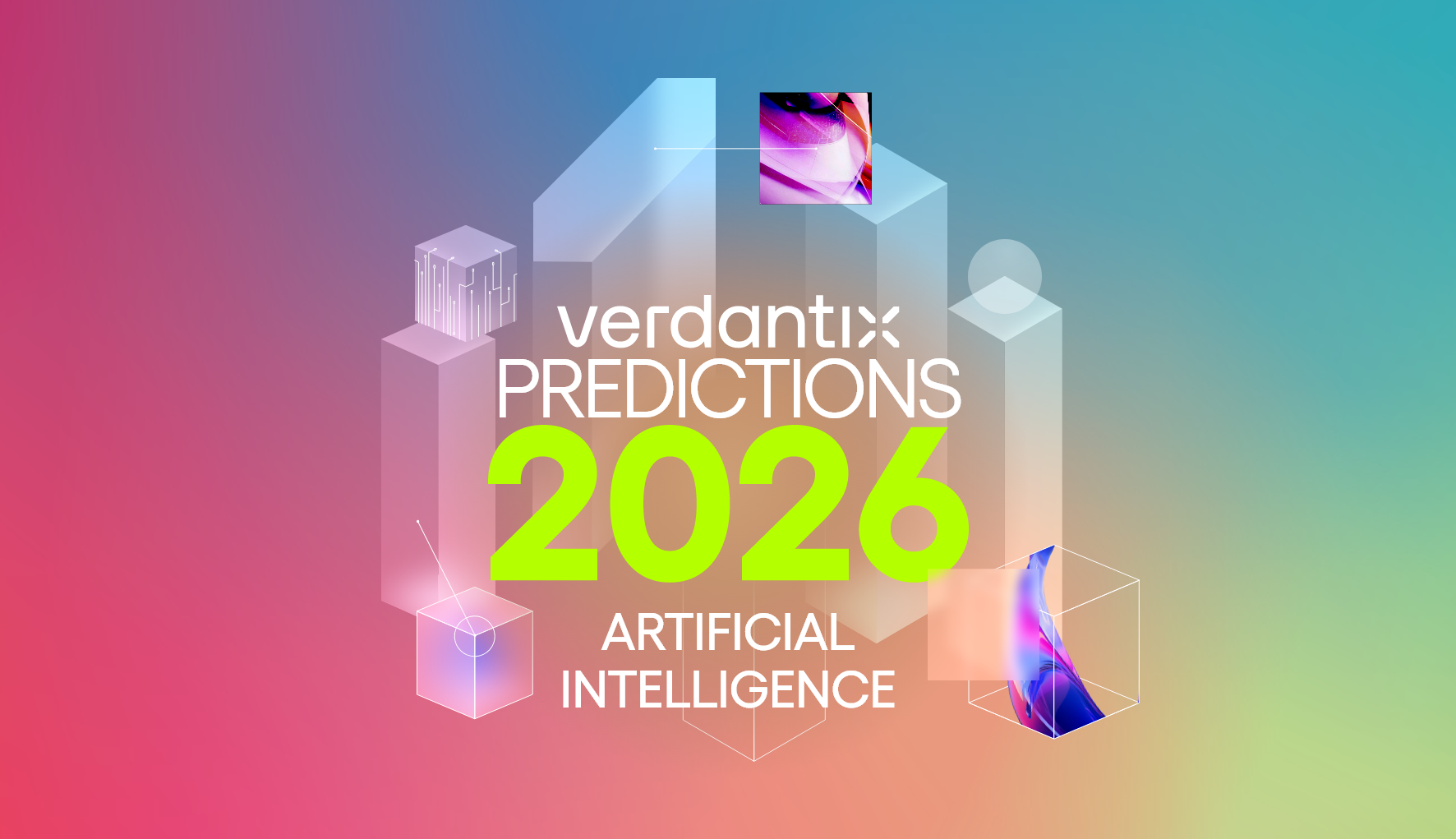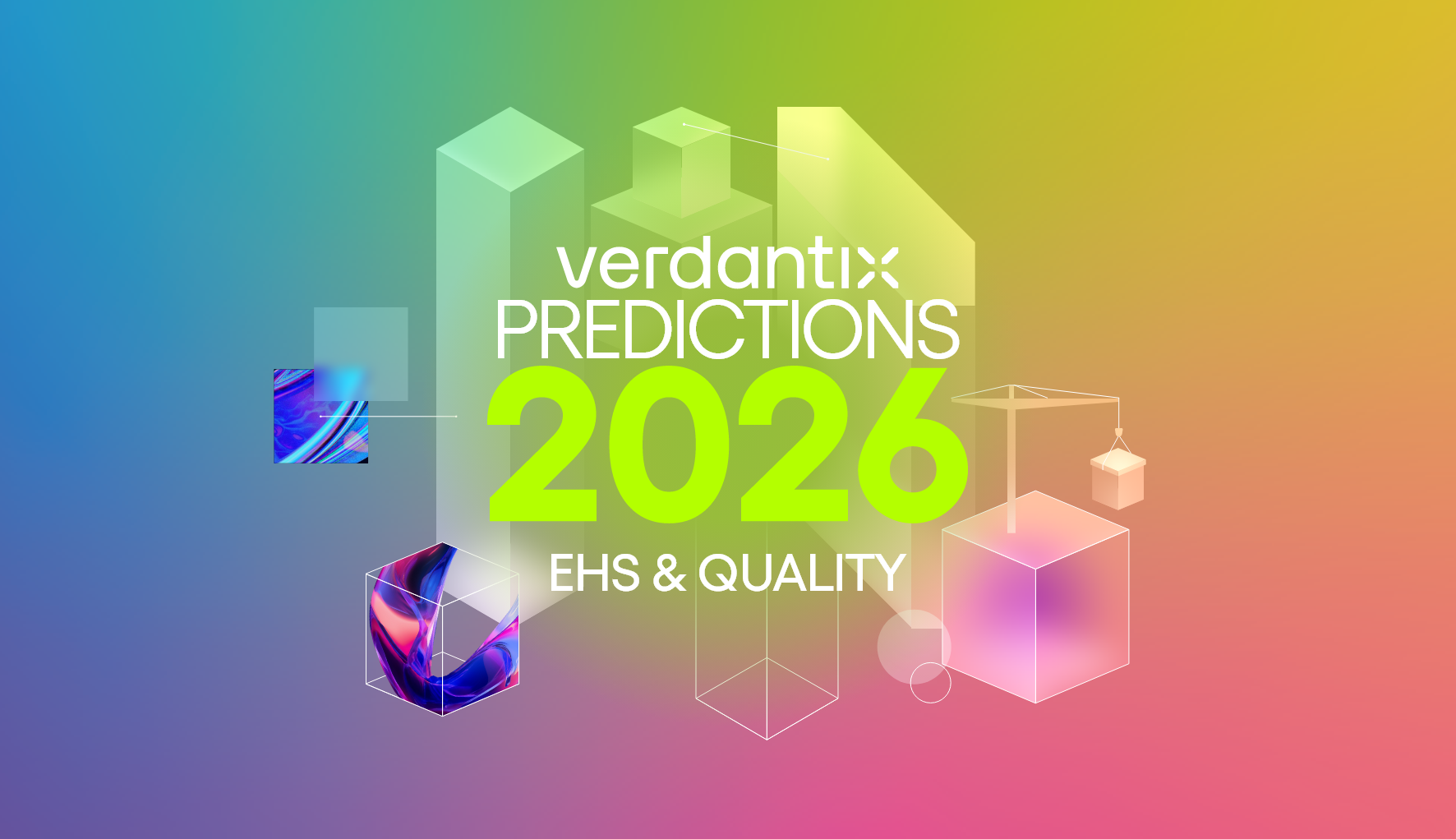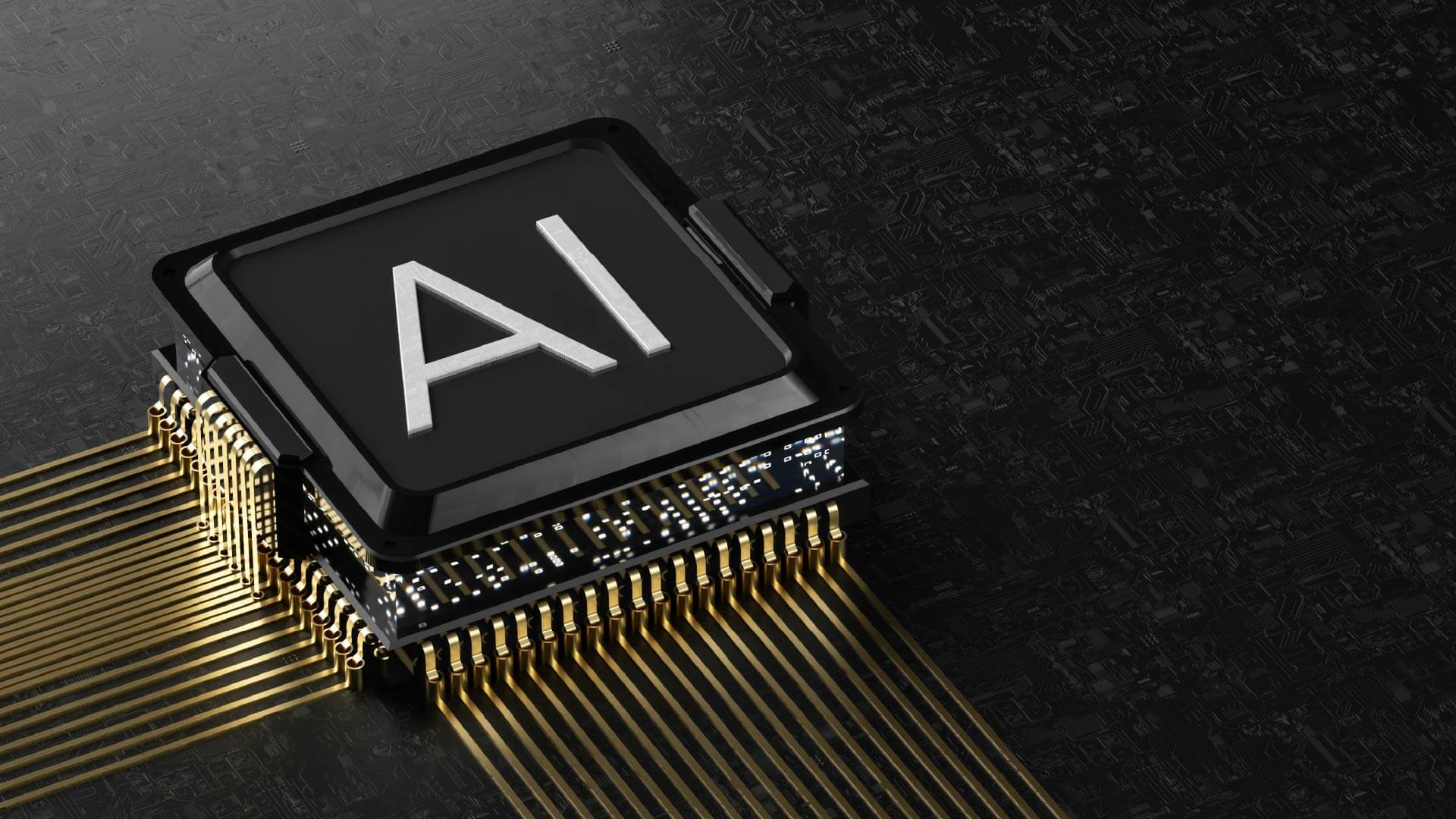Five Open-Source Tools For Industrial Operational Excellence
In today's dynamic business landscape, achieving operational excellence is crucial – and it can be a transformative journey. Traditional methods are being rapidly outpaced, necessitating innovative approaches. At the forefront of this revolution are open-source tools, which stand as beacons of adaptability and collaborative ingenuity. These tools are increasingly vital in a world where AI alliances, such as the recently formed coalition led by Meta and IBM, are taking centre stage. This collaboration, bringing together over 50 AI firms and research institutions, emphasizes a commitment to an open model of AI development. By pooling resources and promoting “open innovation and open science”, alliances like this underscore the growing trend towards shared technology development. This collaborative approach both speeds up innovation and democratizes access to cutting-edge tools, enhancing the capacity for operational excellence in diverse business sectors. In this context, open-source tools are not just another option for industrial decision-makers, but are essential instruments in navigating the rapidly evolving terrain of business operations and AI technology.
Highlighting the impact of open-source tools, here are five notable examples applicable to industry:
- Openremote: an open-source IoT platform designed for manufacturers, integrators and governments. Openremote offers features such as auto-provisioning of devices, an extensive rules engine and notifications, data visualization, multi-tenancy, and integration with external tools such as ERP and CRM systems. It's used for smart homes, cities, energy management and maintenance, featuring a user-friendly interface, asset and location services, digital twins, and protocol agents for external connections.
- Stable Diffusion for synthetic data: launched in August 2022, Stable Diffusion is an open-source, deep-learning-based text-to-image model renowned for its ability to produce highly detailed images from text descriptions. Its primary application lies in synthesizing realistic image data, which is particularly beneficial for enhancing computer vision models including visual inspection software. The key to effectively utilizing Stable Diffusion for generating synthetic image data sets lies in crafting well-thought-out prompts that accurately reflect the traits of the real-world images they are designed to mimic.
- InvenTree: an open-source inventory management system with 2.4 million Docker pulls, 3,218 Github stars and 564 forks, which provides intuitive parts management and stock control. InvenTree is designed to be extensible and provides multiple options for integration with external applications or the addition of custom plugins. It allows users to easily create, modify or delete suppliers and supplier items linked to any part in the inventory. Additionally, it enables users to instantly view current stock for a certain part in a particular location, for example, or as required for an individual build. The system also provides intelligent bill of material management, offering a clear understanding of the sub-parts required to make a new part.
- Llama 2: an open-source large language model developed by Meta, Llama 2 is freely available for both research and commercial use. It includes weights and code for Llama Chat and Code Llama, with 7B to 70B parameters. Llama Chat, refined with over 1 million human annotations, can enhance decision-making and information accessibility with QA knowledge bases. Code Llama, designed for code generation and trained on 500B tokens, supports various programming languages, streamlining software development and problem-solving. Both models offer the ability for industry-specific fine-tuning, allowing for tailored applications in diverse sectors, boosting operational efficiency and innovation.
- FlowiseAI: an open-source UI tool that simplifies building customized language learning models (LLMs) using LangchainJS. Its user-friendly interface enables the effortless creation of custom LLMs through a composition of customizable components. Suitable for text generation, sentiment analysis, chatbots and language translation, FlowiseAI is free for both personal and commercial use, with a commitment to always keeping its core free. FlowiseAI empowers users to achieve operational excellence by developing tailored LLMs that enhance decision-making, automate tasks and improve processes, leading to increased efficiency in various operations.
In the realm of industrial tech, open-source tools stand out for their flexibility and innovation-driving capacity. This trend is mirrored in broader industry movements, such as the formation of AI alliances, which highlight the growing reliance on collaborative, open-source methodologies. Open-source tools offer substantial benefits, including fostering a dynamic environment for innovation and cost-effectiveness. However, their effective implementation requires expertise in both selection and integration within organizational structures. In the arena of open-source AI, this becomes even more critical, as we navigate risks such as ethical dilemmas, data privacy concerns and security vulnerabilities. Responsible use and robust governance are paramount to maximize the benefits of these tools. Achieving operational excellence in industrial operations with open-source tools, therefore, hinges on a balanced approach, skilfully aligning their numerous advantages with a comprehensive risk management strategy.
For more info on industrial AI, read the following reports: Market Insight: Ten Applications Of Large Language Models For Industry, Market Overview: Industrial AI Analytics Solutions, Market Insight: Understanding The Rapidly Evolving Landscape Of Generative AI.
About The Author

Henry Kirkman
Industry Analyst





